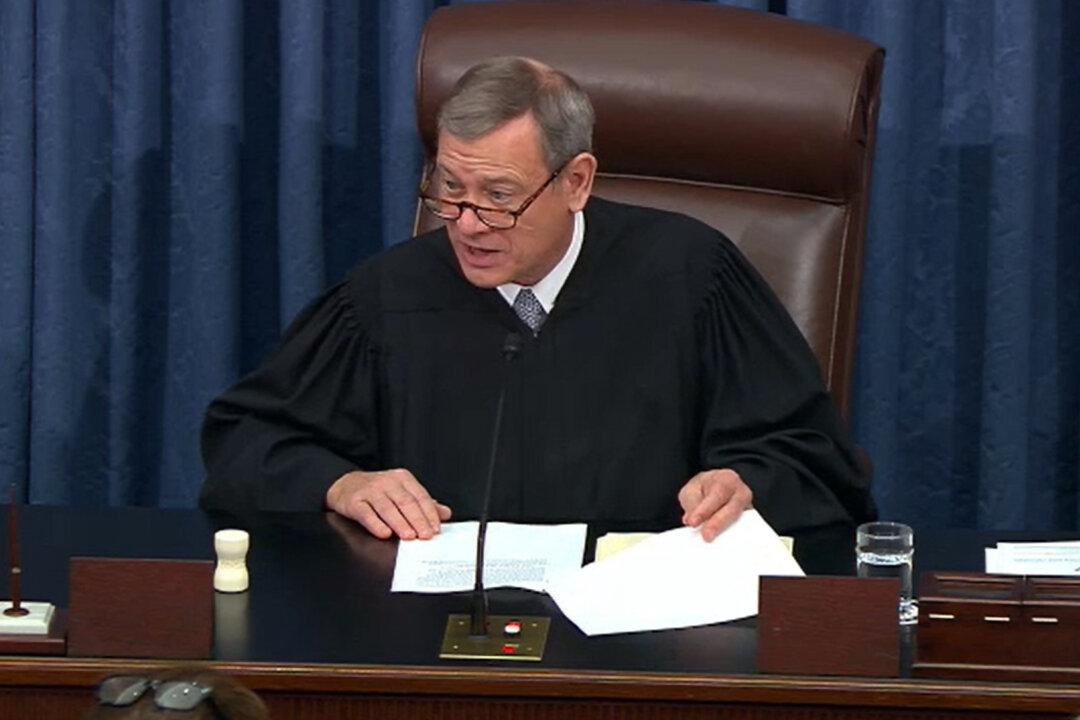Supreme Court justices should immediately issue their official opinion in Dobbs v. Jackson following the bombshell leak of a draft opinion in the case that would overturn Roe v. Wade, according to a key figure in recent major congressional judicial battles.
The leaked draft indicates that five justices agreed, at least as of the February date of the draft, in deciding Dobbs v. Jackson to undo the 1973 Roe v. Wade decision. Doing so would return the power to decide abortion policy to state governments. The result would be that abortions would become generally available in some states and much less available, or perhaps not at all, in other states.





